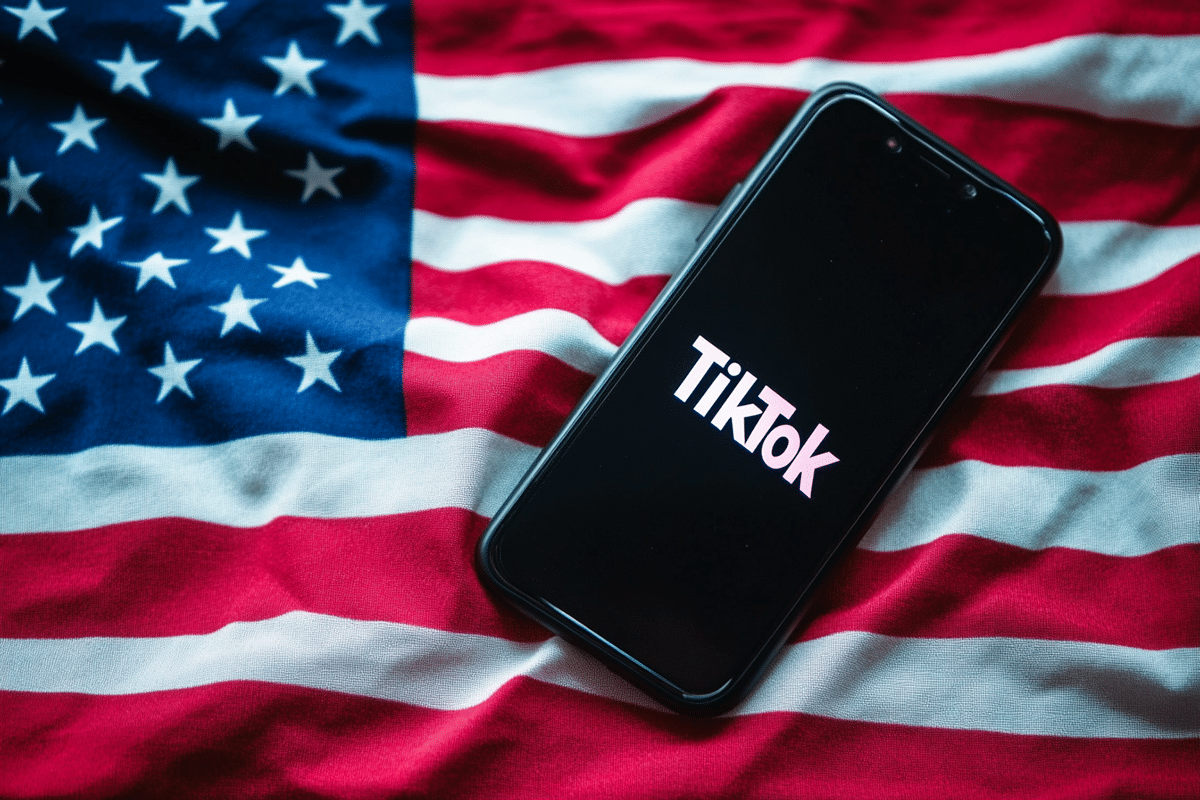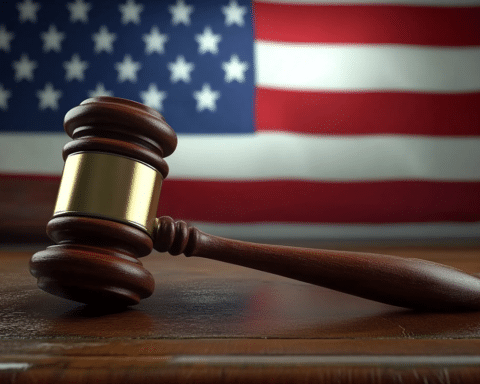TikTok, a leading global social media platform, faces an uncertain future in the United States as the Supreme Court considers a pivotal case. At stake is a law signed by President Joe Biden in April that requires TikTok’s China-based parent company, ByteDance, to divest its US operations. Failure to comply could result in a nationwide ban, set to take effect on January 19, 2025. With over 170 million monthly American users, TikTok’s potential removal could mark a significant shift in the digital landscape.
The recent Supreme Court hearing painted a bleak picture for the app’s advocates. Justices expressed skepticism over TikTok’s arguments, particularly claims that the law violates the First Amendment. Most seemed inclined to uphold the legislation, signaling a higher likelihood of enforcement. If implemented, the ban would set a precedent for government action against major digital platforms, raising concerns about free speech and the future of social media regulation.
What a Ban Could Mean for TikTok Users
If the ban is implemented, TikTok would likely be removed from Apple and Google’s app stores, restricting new users from downloading the app and preventing updates for current users. While current users could continue accessing TikTok initially, the inability to fix bugs or address security vulnerabilities would gradually degrade the app’s functionality, potentially rendering it unusable.
Beyond app stores, the government could attempt to block TikTok’s web version by targeting internet service providers (ISPs). However, enforcing such restrictions would be logistically complex due to the sheer number of ISPs operating in the United States. As a result, while the government may succeed in removing TikTok from mainstream platforms, its complete eradication would remain a challenge.
Workarounds and Loopholes
Despite government efforts, TikTok may not disappear entirely. Users could employ virtual private networks (VPNs) to bypass restrictions, masking their locations and accessing the platform as though they were in a different country. VPNs are widely used in regions with similar bans, such as Turkey, where social media restrictions have prompted widespread adoption of these tools.
The effectiveness of a ban would depend on the government’s ability to counter such workarounds. While TikTok’s availability might be curtailed, a significant portion of its user base could continue accessing the app through these alternative methods, diminishing the ban’s overall impact. This raises questions about the practicality and enforceability of such restrictions in the digital age.
Pressure on ByteDance to Sell
The looming ban could force ByteDance to consider selling TikTok’s US assets to a non-Chinese owner, despite its public stance against divestiture. Interest from potential buyers, such as a group led by billionaire Frank McCourt and investor Kevin O’Leary, underscores the platform’s immense value. A successful sale would likely restore access to TikTok for American users while addressing national security concerns tied to its Chinese ownership.
For ByteDance, the prospect of a sale represents a complex decision. While divestiture could resolve its US legal challenges, it would entail relinquishing control over one of the company’s most lucrative assets. The Supreme Court’s ruling and the subsequent actions of the US government will play a crucial role in shaping ByteDance’s next steps.
Broader Implications for the Tech Industry
The potential ban on TikTok is more than just a challenge for ByteDance; it represents a significant moment in the regulation of digital platforms. If enforced, it would be the first instance of the US government blocking a major social media app, highlighting growing tensions between national security and free speech. The decision could set a precedent for how similar cases are handled in the future, affecting tech companies worldwide.
Additionally, the case reflects the broader geopolitical rivalry between the United States and China. Concerns over data security and digital sovereignty are increasingly shaping policy decisions, with TikTok becoming a focal point of these debates. As the January 19 deadline approaches, the Supreme Court’s decision will have far-reaching consequences, not only for TikTok and its users but also for the global tech landscape.





